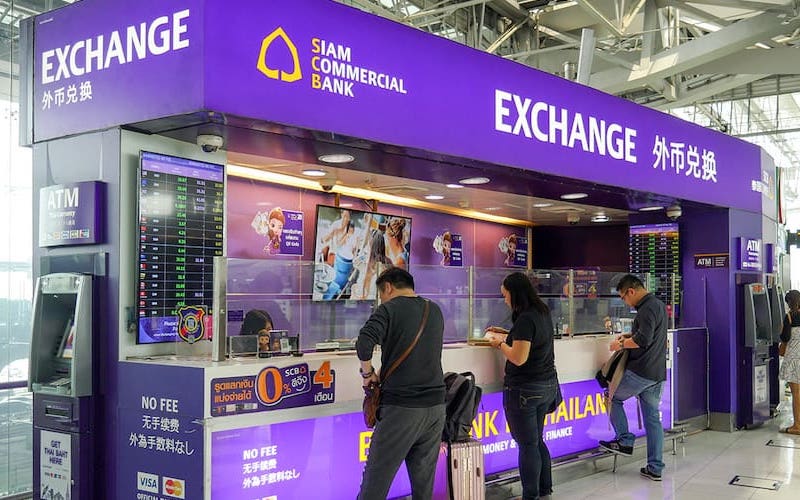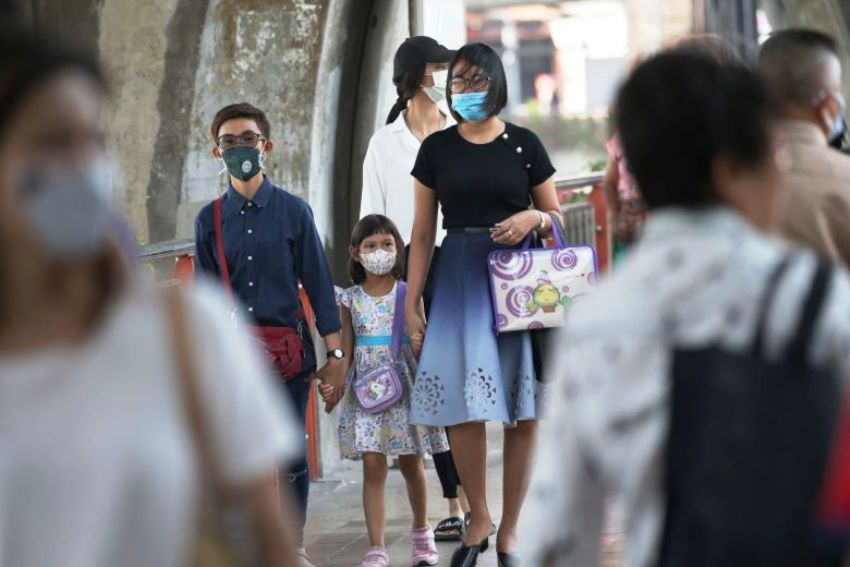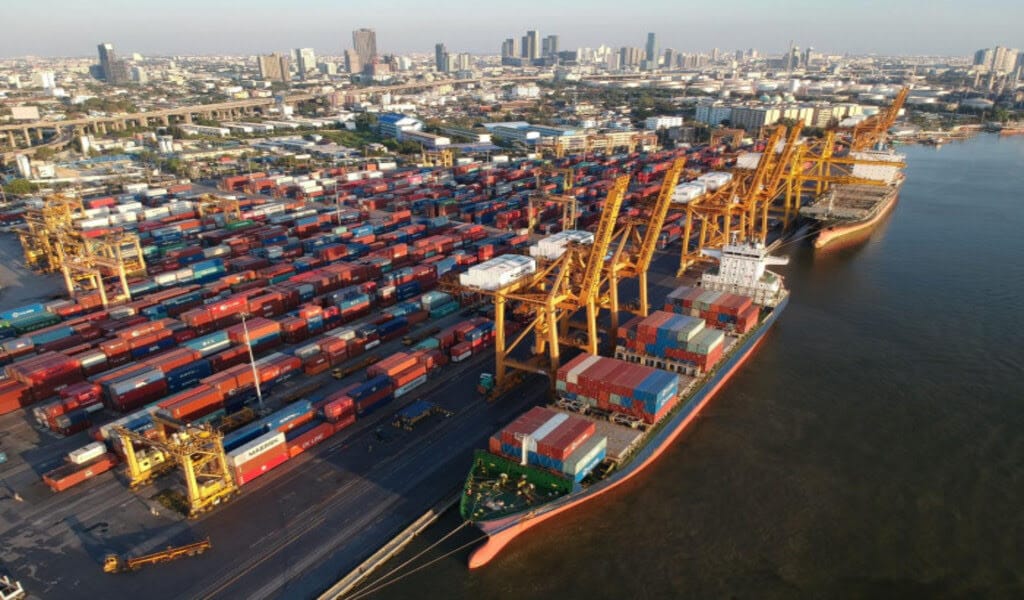Business
Thailand’s Baht Drops Ahead of a Central Bank Policy Rate Decision

Thailand’s baht fell ahead of a central bank policy rate decision, while Singapore shares hit a near nine-month high ahead of inflation data, as Asian emerging markets reopened after the Lunar New Year holiday.
Despite expectations that the Bank of Thailand will raise interest rates by another 25 basis points (bps) later in the day to combat high inflation, the baht fell 0.3%. The baht has gained 5.3% against the US dollar this year, making it Asia’s best performing currency, thanks to a weaker dollar and China’s earlier-than-expected reopening.
Foreign visitors to Thailand increased year on year last year, with the country’s vital tourism sector set to benefit even more from a recently approved US$120 million budget. The dollar index fell further after data showed that US business activity fell for the seventh consecutive month. The Federal Reserve is expected to raise interest rates by 25 basis points in February, according to markets.
After a holiday-extended weekend, most regional markets resumed trading, though China, Taiwan, and Hong Kong remained closed. Malaysia’s ringgit gained 0.3%, the South Korean won gained 0.2%, and the Indian rupee gained up to 0.3%.
China’s abrupt removal of its strict Covid-19 measures has fueled a recovery in risk appetite in Asia in recent weeks, with Thailand, Singapore, and Malaysia emerging as the biggest winners. The Singapore dollar increased by 0.2%.
Analysts at Maybank expect the currency’s medium-term outlook to be supported by the central bank’s potential tightening move and China’s reopening.
Maybank added that the country’s budget on February 14 will be scrutinized for hints on the government’s medium-term priorities for the Singapore economy. Singapore’s core inflation rate, which excludes private road transportation and lodging costs, was 5.1% in December, unchanged from the previous month but slightly higher than expected.
The Indonesian rupiah fell 0.5%, reversing a 1.2% gain the day before. Last week, the country’s central bank signaled the end of its tightening cycle.
Thailand’s economic outlook improves
Thailand is expected to benefit greatly from China’s early border reopening and a rebound in Chinese tourism. With the strong tourism momentum, we now anticipate 25 million foreign visitors this year, up from 19.2 million in the previous forecast.
According to our sensitivity analysis, each million tourists is expected to increase GDP and the current account balance by about 0.2 percentage points.
Upward GDP revisions: We raised our GDP growth forecast for 2023 from 2.8% to 3.6% to account for the potential increase in tourist arrivals, which will be aided by higher-than-expected numbers from Europe, as well as higher domestic consumption from the positive spillover effect of a rebound in the services sector. Given the weak global demand, goods exports will be a drag on growth for the majority of the first half of 2003.
Current account turnaround: Using a higher tourism assumption, the current account forecast would improve from a deficit of 1.9% of GDP in 2022 to a smaller surplus of 1.3% of GDP in 2023. The main risk to this forecast would be higher oil prices and freight costs. In the short term, the baht should benefit from the peak dollar and the expectation of a strong current account turnaround.
We should note that the baht will be volatile in the presence of large interest rate differentials. Given the expected weak exports, seasonally weak tourism, and dividend repatriation, we anticipate a weak current account in the second and third quarters of 2023.
Uneven recovery: We anticipate a highly uneven economic recovery in Thailand. The strong tourism recovery will benefit retail sales and other service sectors. However, because foreign tourism revenues are highly concentrated in only a few provinces (Bangkok, Phuket, Surat Thani, Chon Buri, and Chiang Mai receive 95% of the total), the benefits of the tourism recovery will be highly uneven. Meanwhile, manufacturing sector exports will be under pressure.
Given the export drag and the slow tourism recovery, we expect the economy to be soft in the first half of 2023. The recovery should accelerate in the second half as the global economy improves and more tourists, particularly from China, return.
Exports to continue to be a drag
While the tourism and services sectors are expected to rebound strongly, the global economic slowdown is expected to create significant headwinds for exports and production. Net exports, which had previously been a significant contributor to Thailand’s growth, have begun to contract in recent months.
We anticipate that exports will remain a drag at least through the first half of 2023, before normalizing as the global economy recovers and exports to China resume expansion.
Exports are expected to remain under pressure, based on our baseline assumption of a (mild) recession in the major economies. We anticipate a 1.8% decline in real terms in exports for the entire year. We believe that things will worsen before they improve, with a large contraction in the first half and a potentially strong recovery in the second half as the global economy recovers and China reopens.
Gradual normalization: We have maintained our inflation forecast at 3.3% on average in 2023, but there is an upside risk to inflation due to the strong recovery in tourism.
The rapid recovery in tourist arrivals may result in supply constraints, as many operators went out of business and workers migrated out of the sector when foreign tourists virtually disappeared until early 2022. Most importantly, there may be a labour shortage and wage pressure.
The Bank of Thailand is expected to continue its gradual normalisation, raising rates by 25 basis points at each of the next four meetings, with a terminal rate of 2.25% by the third quarter of 2023. We believe the central bank is still concerned about the fragility of household balance sheets and the uneven nature of the recovery. If the tourism recovery is shown to be inflationary, the risk to rates is shifted to the upside.































